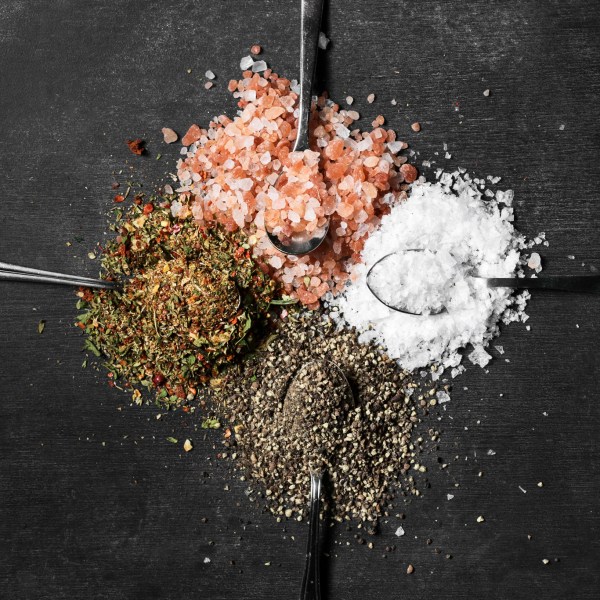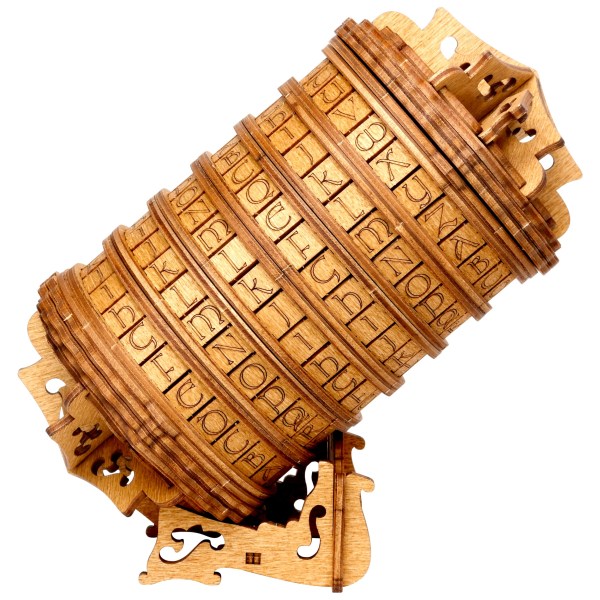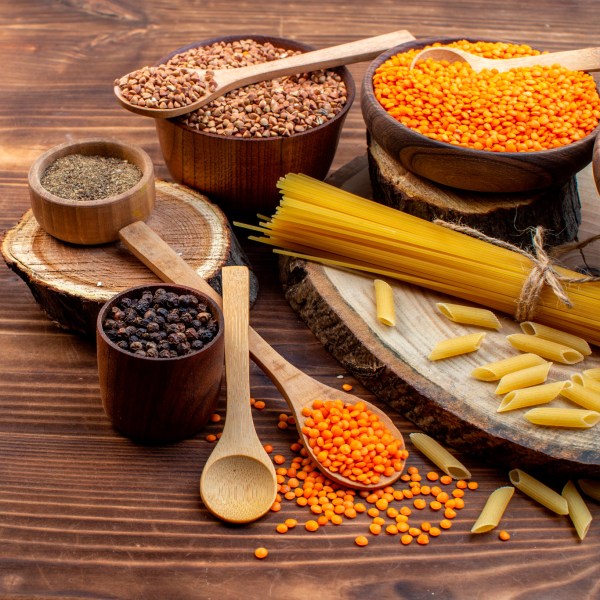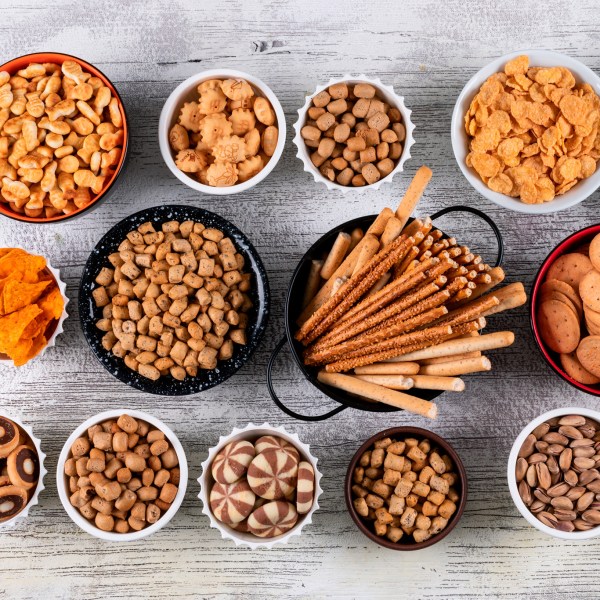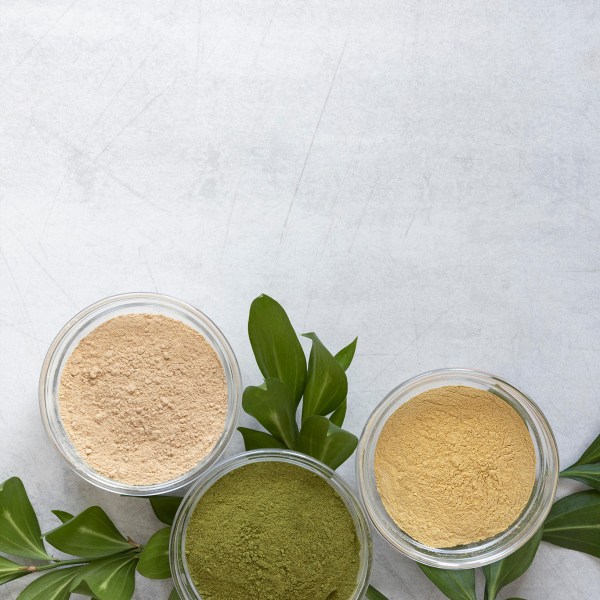Seitan
Seitan
As more people discover plant-based diets, the demand for meat alternatives has soared. Among the various options, seitan stands out as a versatile and protein-rich meat substitute. Whether you're an experienced vegan or vegetarian or just looking to reduce your meat consumption, seitan can be a fantastic solution for you!
What is Seitan?
Seitan is a plant-based protein made from the main protein in wheat, gluten. Unlike tofu or tempeh, which are made from soybeans, seitan is made by washing wheat flour dough with water to remove the starch granules, leaving behind a sticky, elastic mass of gluten protein. This gluten is then cooked, seasoned, and used as a meat substitute in various dishes.
Seitan has been a staple in Asian cuisines for centuries, especially in Chinese, Japanese, and Korean cooking. Also known as "wheat meat" or "wheat gluten," it has become popular worldwide due to its ability to mimic the texture of meat.
Benefits of Seitan
One of the main reasons seitan has become so popular is its impressive nutritional profile. Here are some of its key benefits:
High Protein Content:
Seitan is an excellent source of plant-based protein. A 100-gram serving of seitan contains about 75 grams of protein. This makes it a fantastic choice for vegans, vegetarians, and anyone looking to increase their protein intake without relying on animal products.
Low Fat Content:
Seitan is naturally low in fat, with about 2 grams of fat per 100 grams. This makes it a great option for those looking to reduce their fat intake while still enjoying a hearty and satisfying meal.
Low Carbohydrate Content:
Since starch is removed during the preparation of seitan, it has a relatively low carbohydrate content, about 14 grams per 100 grams. This makes it suitable for those following a low-carb diet.
Rich in Minerals:
Seitan is a good source of minerals like iron, calcium, and selenium. Iron is essential for oxygen transport in the blood, calcium supports bone health, and selenium is an important antioxidant.
Low Calorie Content:
Seitan is low in calories, with about 370 calories per 100 grams. This makes it an ideal choice for those monitoring their calorie intake.
Seitan can be a cornerstone of plant-based cuisine, offering a high-protein, low-fat alternative to meat. One of the great things about seitan is that it can be used in a variety of dishes. Try seitan for your next weekend lunch and discover why it is so popular among vegans and vegetarians.






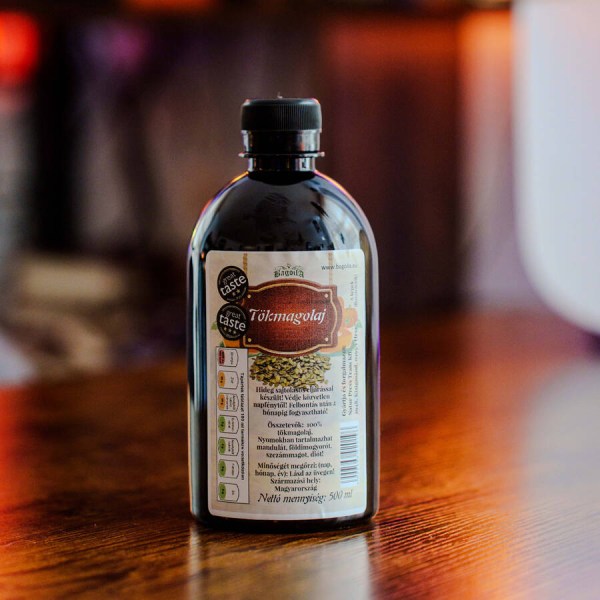
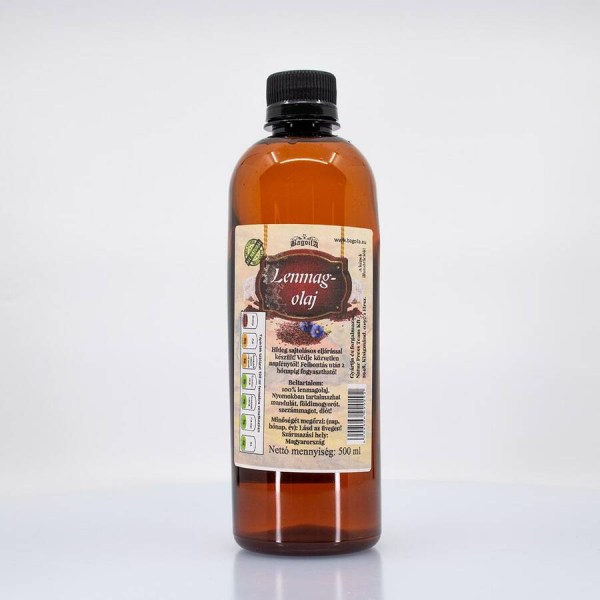
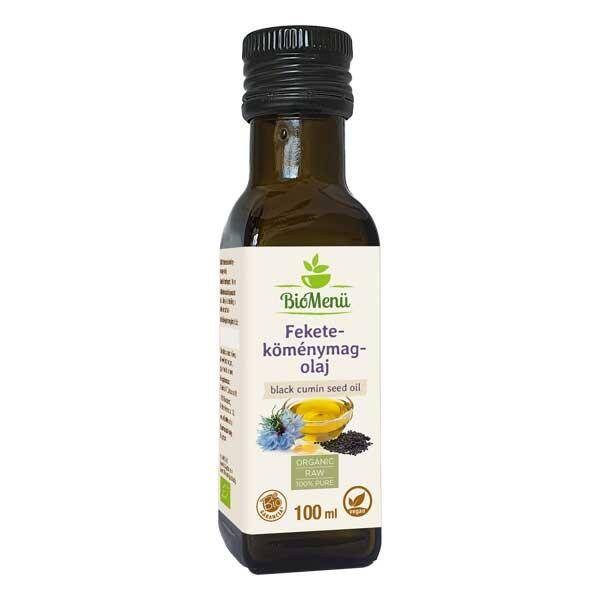
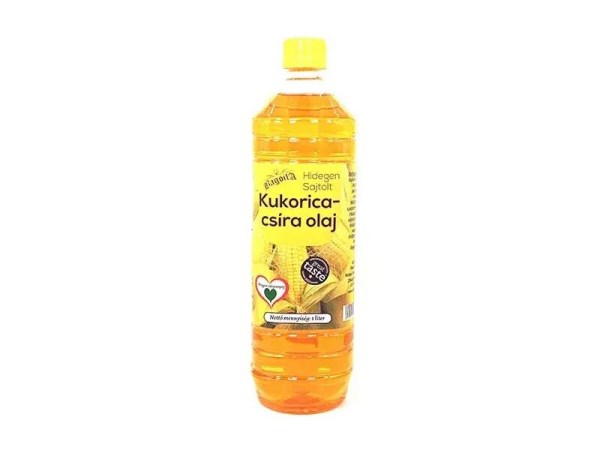







_600x600.jpg)
